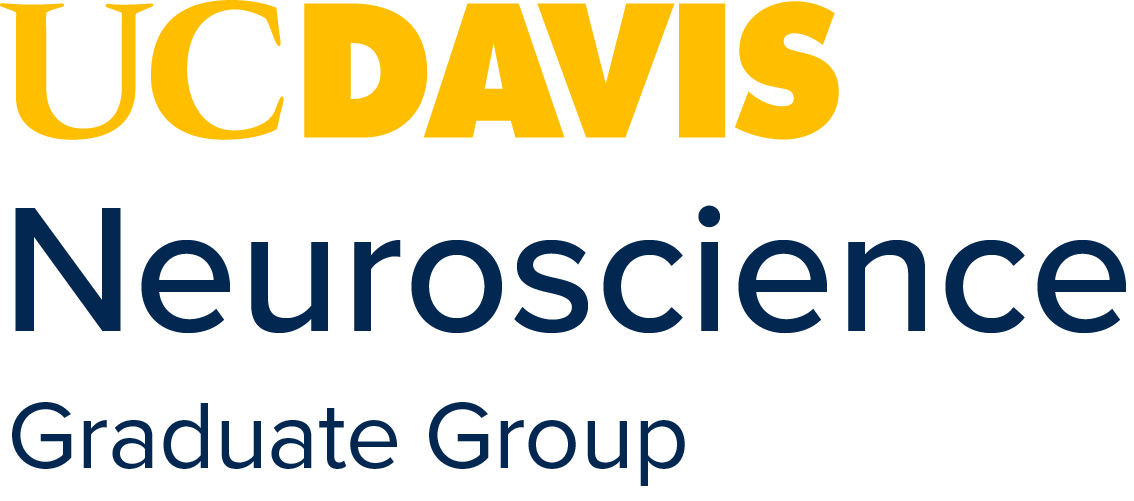Focused Specializations Across Ph.D. Programs
A Designated Emphasis (DE) is an area of specialization, such as a new method of inquiry, important field of application or focus that maps near the edges, or overlaps with, the traditional disciplinary boundaries that define existing Ph.D. programs. The curriculum of a DE thus tends to focus on emerging fields or technologies that are interdisciplinary in nature and, by definition, are relevant to more than one doctoral program.
The Neuroscience graduate group participates in the following Designated Emphases:
Biophotonics and Bioimaging
This program offers specific training in fundamental principles of the interaction of light with biological organisms, tissues, cells and molecules and develops new technology for basic science and applications based on these principles in biology and medicine.
View Biophotonics and Bioimaging DE info
Biotechnology
This program provides a very effective multidisciplinary biotechnology concentration, which includes exposure to bioethics, business and legal aspects of biotechnology as well as a 3-6 month internship in a biotechnology company or research laboratory in another college or national laboratory.
Neuroengineering
This program addresses the pressing need to train the next generation of engineers, scientists, and clinicians, while engaging the public and policymakers, in the highly interdisciplinary field of neuroengineering. The DE provides the necessary structure, advising, and community for a training in neuroengineering and is an entry point for DE students in acquiring knowledge in key research areas and tools in neuroengineering and on NIH-style proposal writing.
Translational Research
This training is a key component of a larger UCD strategy for creating a groundbreaking translational research program that is team-based and multidisciplinary and to make bold new changes in how we train our basic scientist students to discover answers to medical challenges. The overarching goal of the initiative is to provide an innovative, cost-effective, and sustainable model for training a new cadre of PhD biologists who will have productive careers in clinically-relevant basic research.

